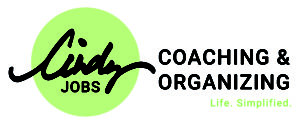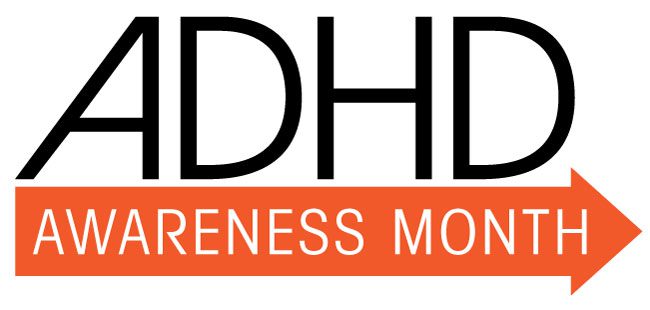I find boundaries to be one of the most powerful tools in my toolbox. I’d be sunk without them.
Although I’ve witnessed boundaries being a challenge for nearly everyone, my clients with ADHD seem to struggle a bit more than most.
What makes boundaries more of a challenge for my ADHD clients?
- When offered a new opportunity or challenge, the dopamine kicks in, and their default response is “yes.”
- Having disappointed people in the past, saying “yes” is a way to mitigate perceived previous frustrations.
- A less-than-reliable relationship with time results in individuals taking on more responsibilities than their time may allow.
What’s so cool about boundaries?
- Boundaries can be well-defined or a bit loose (“Never call before 7:00 AM” or “Try not to call too early or too late.”)
- We can set, break, or remove our boundaries depending on the circumstance.
- Boundaries can be based on many factors: laws, ethical codes, personal morals, ethical beliefs, advice from others, our own personal needs, etc.
Communicating boundaries:
The one thing I can not stress enough is that when we decide to set a boundary, the most critical step is letting people know that we are setting, or revising, a boundary. How is it possible to adhere to a boundary we didn’t know existed? I know I’ve been frustrated when someone didn’t respect a boundary they didn’t even know existed. So unfair!
As an example, here are a few of my boundaries:
Personal safety: I do not knowingly or willingly put myself or anyone close to me in danger. What might that mean?
-
- Unless I know someone well, I don’t allow them in my home or car.
- I generally don’t go out at night by myself in unfamiliar areas.
- I keep doors locked.
Working hours and conditions: I make every effort not to work nights and weekends because I don’t want to take time away from family and friends.
Clients: I take coaching very seriously. If a client does not commit to the personal effort involved with coaching (engage in self-work and reflection between sessions, agreement to not play the blame game, come to coaching sessions prepared and on time, etc.), they will not be successful with the coaching process. If a client can not agree to and keep this boundary in place, I don’t believe the coaching partnership will serve either of us well.
Renegotiating your boundaries: One of the beautiful things about boundaries is that we can renegotiate, or ignore them entirely, based on any particular circumstance. For example:
- A while ago, I spotted a woman walking alongside a major thoroughfare holding what looked like a little dog (I’m a dog person, so that caught my eye). It was dark, rainy, and I’d already been away from the house for nearly 12 hours. I just wanted to get home. But I couldn’t let it go, so I turned around. She’d run out of gas and was walking (with her little dog) the 2 miles to the gas station. So, by myself at night (first broken boundary) I stopped and invited this woman and her dog into my car (second broken boundary). However, before letting her in my car, I made my family aware of what I was doing, revised my home arrival time, and texted a copy of her license plate if something went wrong.
- I’ve agreed to coach clients outside my normal working hours as an infrequent accommodation if it does not detract from my primary responsibility of taking care of myself and my family. I also encourage my clients to text or e-mail me whenever they feel necessary, with the caveat that I probably will not respond until regular business hours.
- All of my clients are challenged with ADHD traits. One of the most challenging being time management. Sometimes appointments are forgotten until the very last minute and the session pre-work is not complete. My experience is that these sessions are less effective than when clients come prepared (physically and emotionally) for the session. I will accommodate an occasional forgotten appointment or lack of preparation, but not habitual behavior.
What boundaries do you have? What boundaries need to be set or communicated? How could you benefit from clearly defining your boundaries?
For a list of my favorite ADHD resources, check out my website for more information.
If you think you have ADHD and would benefit from some coaching, here’s some ADHD Coaching information.
Cindy Jobs
Looking for more information?
Click here for 15-minute organizing tips.
Click here to schedule a complimentary breakthrough session.
For more helpful information, follow me on Facebook.



Attention Deficit Disorder Association
National Association of Productivity & Organizing Professionals, Seattle Chapter
International Coach Federation
Institute for Challenging Disorganization
Level I Certificates earned in Chronic Disorganization; ADD; Client Administration; Time Management; Mental Health; and Hoarding.
Level II Specialist Certificates earned in Chronic Disorganization and ADHD.







